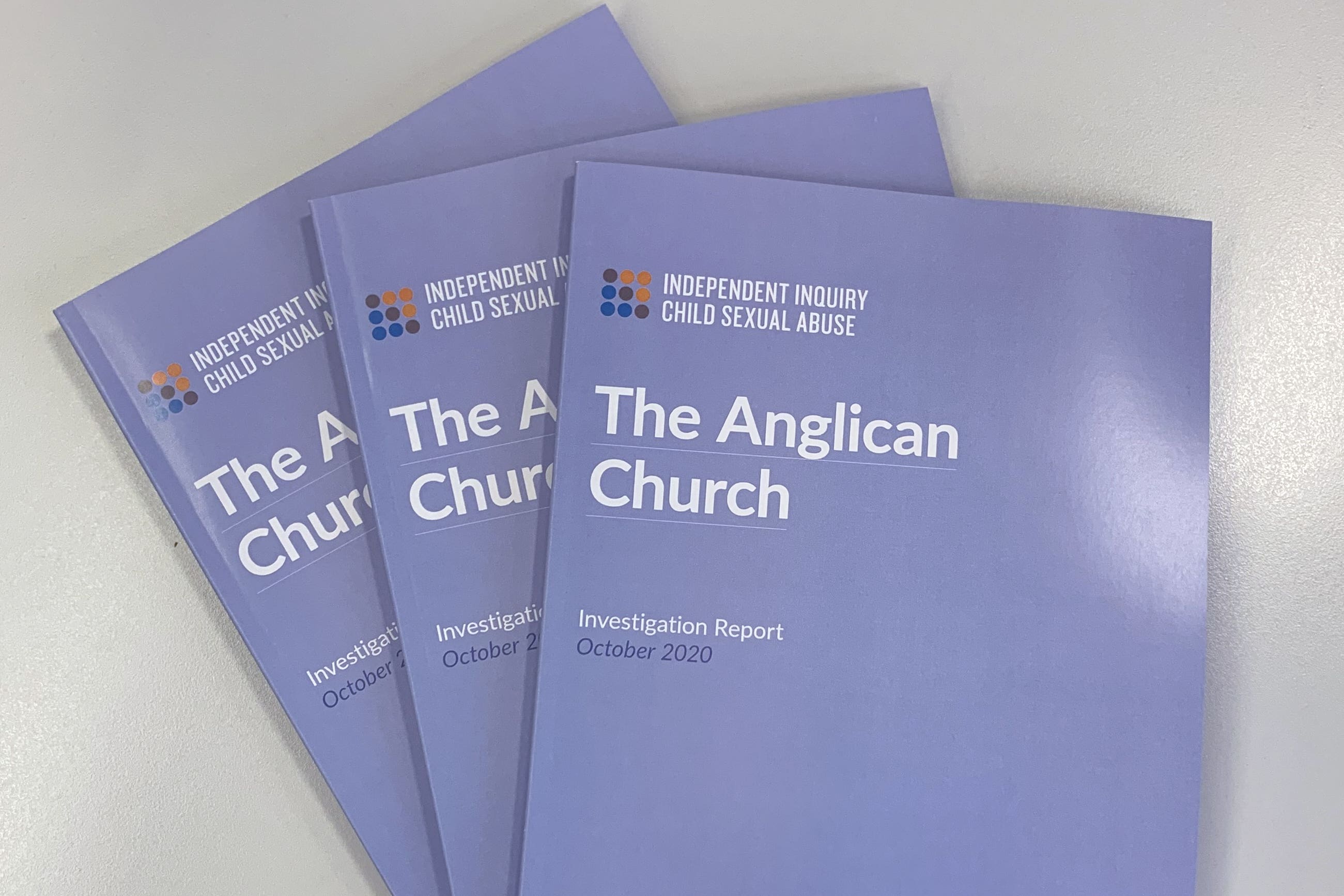Church of England to set up £150m fund for victims of church-related abuse
The Church of England has allocated £150 million in funding for a national redress scheme.

A £150 million fund is being set up for victims of church-related abuse, the Church of England has announced.
The Church said it is “truly sorry for its past failings relating to safeguarding” as proposed details for its national redress scheme for survivors were published on Tuesday.
The Church Commissioners’ board, a body which administers the property assets of the Church of England, has agreed to allocate the funding to “be released once the key parameters of the scheme are in place”.
All survivors of sexual, physical, psychological, and emotional abuse, including spiritual abuse, relating to the Church will be eligible to apply for redress scheme.
It will run for at least five years, with the possibility it could be extended if needed.
It comes after the General Synod committed in February 2020 to a more “victim and survivor-centred approach”, following the Church’s Independent Inquiry into Child Sexual Abuse (IICSA) hearings.
This including making arrangements to provide redress, as recommended in IICSA’s final report for the Church of England and Church in Wales, published in October 2020.
The IICSA which began in 2015 and spanned seven years, costing a total of £186.6 million, was tasked with investigating institutional failings in places such as schools, children’s homes and religious institutions across England and Wales.
The IICSA’s final report for the Church of England and Church in Wales, noted: “The Church of England failed to protect some children and young people from sexual predators within their midst.
“In the past, the system of child protection was under-resourced.
“Safeguarding personnel were at times ignored and their advice overlooked, in favour of protecting the reputation of clergy and the Church.”
The final overall IICSA report in 2022 for all its investigation strands also recommended a national redress scheme.
The proposed redress scheme is set to be debated at the Church’s General Synod, known as its Parliament, next month.
The legislation would need then to progress through Synod in forthcoming sessions and then get parliamentary approval.
The payments will be offered alongside therapeutic, spiritual and emotional support and acknowledgment of wrongdoing, it said.
Where possible apology will be from the institution where the abuse took place, it added.
The initial details of the scheme have been developed under the direction of the Church’s redress project board, chaired by the Bishop of Truro, Philip Mounstephen.
A victim and survivor working group has been set up to help develop the scheme and two members sit on the board.
Alan Smith, the First Church Estates Commissioner, said: “Establishing a robust redress scheme is an essential step in the Church of England taking responsibility for the damage and hurt caused to the victims and survivors of church-related abuse.
“Their interests must be paramount.
“In making this allocation of funding, the Church Commissioners is signalling its commitment to working as part of the whole church to deliver the redress scheme and ensuring that justice is done for those who have suffered, for which we are truly sorry.”
Bishop of Truro, Philip Mounstephen, added: “As chair of the redress board I have heard first hand of the experiences of those who have suffered Church-based abuse and how deeply it has affected their lives.
“While redress may go some way to righting wrongs, for survivors the effects of the abuse will be with them all their life: that we must acknowledge, with the deepest regret.
“The board is deeply committed to developing a robust scheme that is fit for purpose in as timely a manner as possible.
“Whilst the time required for this was underestimated at the start, we are making significant progress, especially given the scheme’s significant complexity, and for the sake of all survivors and victims, it is vital that we get this right.”
Bookmark popover
Removed from bookmarks